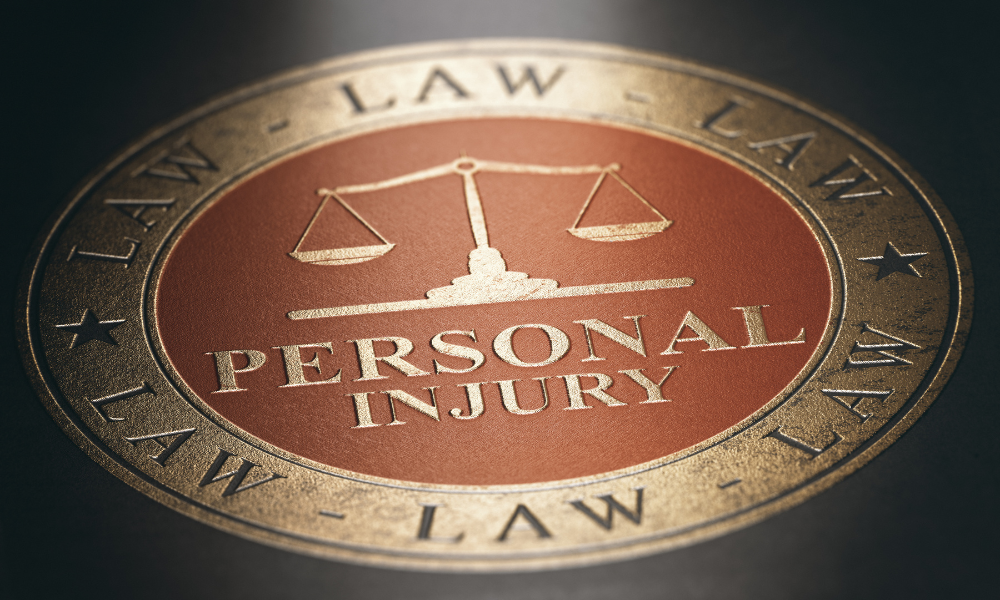
Client's comment during examination under oath should have tipped lawyer off, insurer argues

The Ontario Licence Appeal Tribunal has dismissed an insurance company’s request for reconsideration and disagreed with its assertion that an injured party failed to explain reasonably why he was late in submitting his accident benefits application (OCF-1).
In Moffatt v Aviva General Insurance, 2025 CanLII 69523 (ON LAT), the applicant requested accident benefits under the Statutory Accident Benefits Schedule – Effective September 1, 2010 (including amendments effective June 1, 2016), arising from an Aug. 1, 2022 incident.
Last Mar. 27, the tribunal’s adjudicators issued a decision deeming the incident an accident under s. 3(1) of the schedule. They considered the applicant’s explanation for the delay in his OCF-1 submission reasonable and found him entitled to a treatment plan for an orthopedic assessment.
According to the adjudicators, after the accident, the applicant experienced medical issues, including the amputation of his right leg below the knee.
On Apr. 17, the insurer requested a reconsideration of the Mar. 27 decision. Citing r. 18.2(b) of the Licence Appeal Tribunal Rules, 2023, the insurer asked the tribunal to dismiss the application and vary the decision to state that the applicant failed to reasonably explain the delay in his OCF-1 submission.
The insurer alleged three errors in the adjudicators’ reasoning concerning the credibility and believability of the applicant’s explanation for the delay.
First, the insurer asserted that the adjudicators failed to address the fact that the applicant retained counsel in November 2022 in their ultimate analysis.
Second, the insurer claimed that the applicant’s comment from his examination under oath (EUO) that he hired a lawyer “because I was done wrong and I got hurt in a car” should have alerted his counsel to his possible entitlement to accident benefits, regardless of the uncertainty of whether the incident was an accident.
Third, the insurer challenged the adjudicators’ conclusion that complications from the accident affected the applicant’s ability to communicate with counsel. The insurer said he never testified that his injuries or their resulting complications prevented him from communicating with his lawyer or giving notice to the insurer.
The Ontario Licence Appeal Tribunal ruled that the insurer failed to establish grounds for a reconsideration under r. 18.2(b). The tribunal said the insurer’s arguments fell short of the provision’s high threshold and amounted to requests to reweigh the evidence.
The tribunal noted that re-litigating the findings below would be an improper use of the reconsideration process unless a party could show a specific legal or factual error in the adjudicators’ analysis.
First, the tribunal found that the adjudicators referred to the applicant’s choice to retain counsel in paragraphs 58, 62, and 63 of the decision. Thus, the tribunal inferred that the applicant’s hiring of counsel in November 2022 was part of the facts supporting the adjudicators’ final determination.
Second, regarding the EUO, the tribunal pointed out that the adjudicators mentioned this evidence in paragraph 62 of the decision.
The tribunal said the insurer’s claim that the comment “I got hurt in a car” should have alerted applicant’s counsel to the possible accident benefits application was speculative. The tribunal noted that the adjudicators determined that the parties’ dispute over whether the incident was an accident led to uncertainty.
Lastly, the tribunal concluded that the insurer’s argument – that the applicant gave no evidence establishing that his medical issues impacted his ability to communicate with his counsel or deliver the OCF-1 – reflected an inaccurate interpretation of the decision and conflated the adjudicators’ analysis with their summary of the parties’ positions.